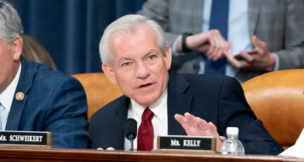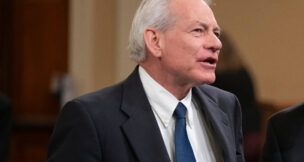Tough Times Are Ahead For Commerce
Arizona Capitol Reports Staff//August 21, 2003//
Facing death in the Legislature earlier this year, the Arizona Department of Commerce survived and there is a sense that the threat to its existence may have diminished. A top...
No tags for this post.













































